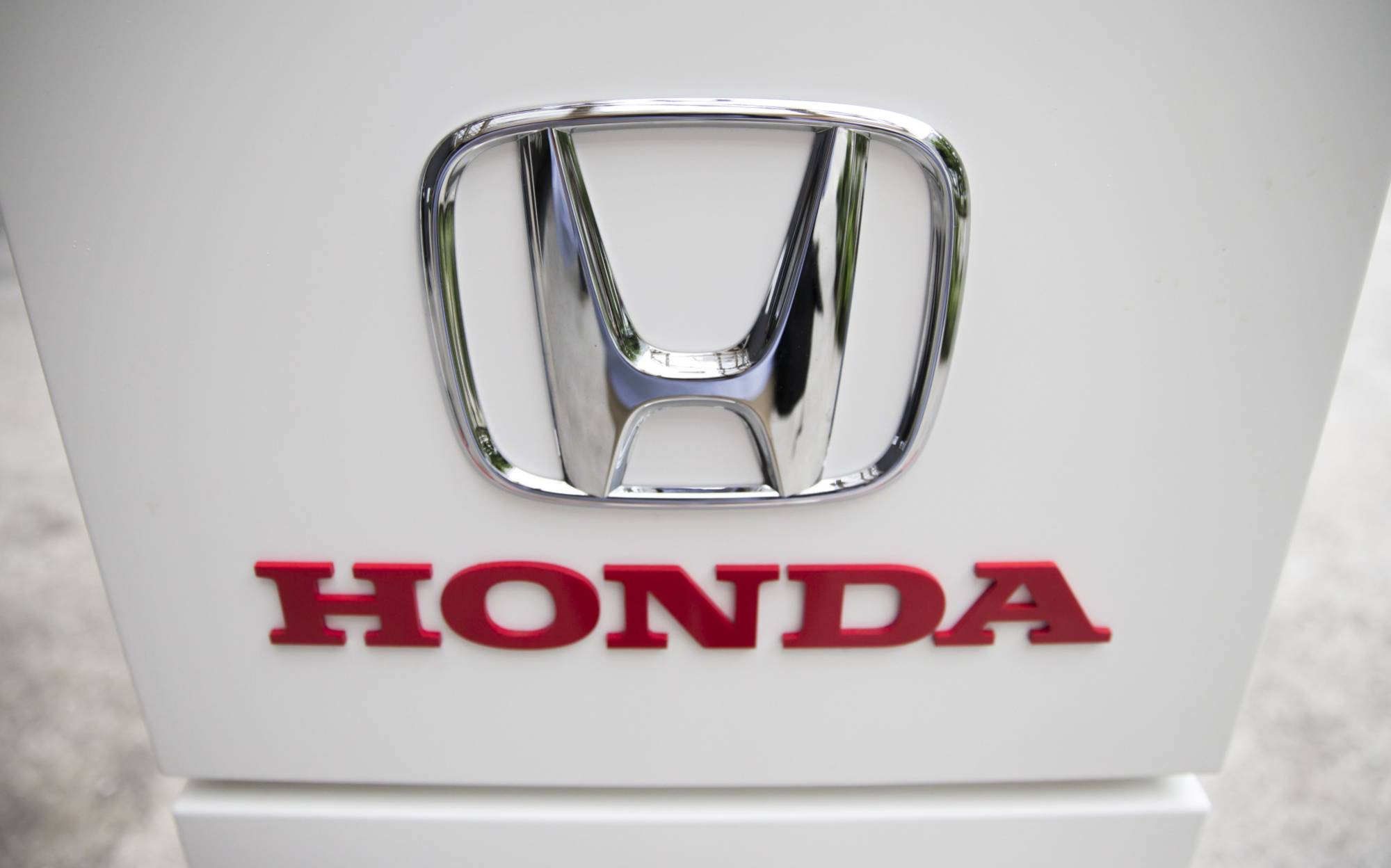Honda Motor Co. is considering the commercialization of its algae-growing technology, which can be used to absorb carbon and create biofuels, plastics and other products, the Nikkei newspaper has reported.
The carmaker will test mass production of the organic material this fall and build a new facility of about 1,000 square meters (10,760 square feet), according to the newspaper. Honda will use the algae at its own production facilities in Japan and Southeast Asia to offset carbon emissions from the latter half of 2023, the Nikkei said.
Honda is ramping up efforts to go green as it pledges to phase out sales of gasoline-powered cars by 2040 and achieve net-zero emissions for its entire supply chain by 2050. The company’s scope 1 and 2 carbon emissions for its fiscal year through 2021 were 4.5 million tons, according to its sustainability report.
Representatives for Honda weren’t immediately able to comment. Monday was a national holiday in Japan.
Companies are seeking ways to use algae as a potential replacement to traditional biomass fuels such as corn and soybeans, and Russia’s invasion of Ukraine has pushed up the price of biofuels.
Honda has improved its algae’s resistance to infection, enabling it to grow more efficiently, according to the Nikkei. The organic material can multiply 32 times in a single day, compared with once or twice for ordinary algae, the newspaper said.
The automaker is considering using biofuels made from algae for its HondaJet airplane as well as for electric vertical take-off and landing aircraft (eVTOLs), which it aims to commercialize in the 2030s, the newspaper reported.



















With your current subscription plan you can comment on stories. However, before writing your first comment, please create a display name in the Profile section of your subscriber account page.